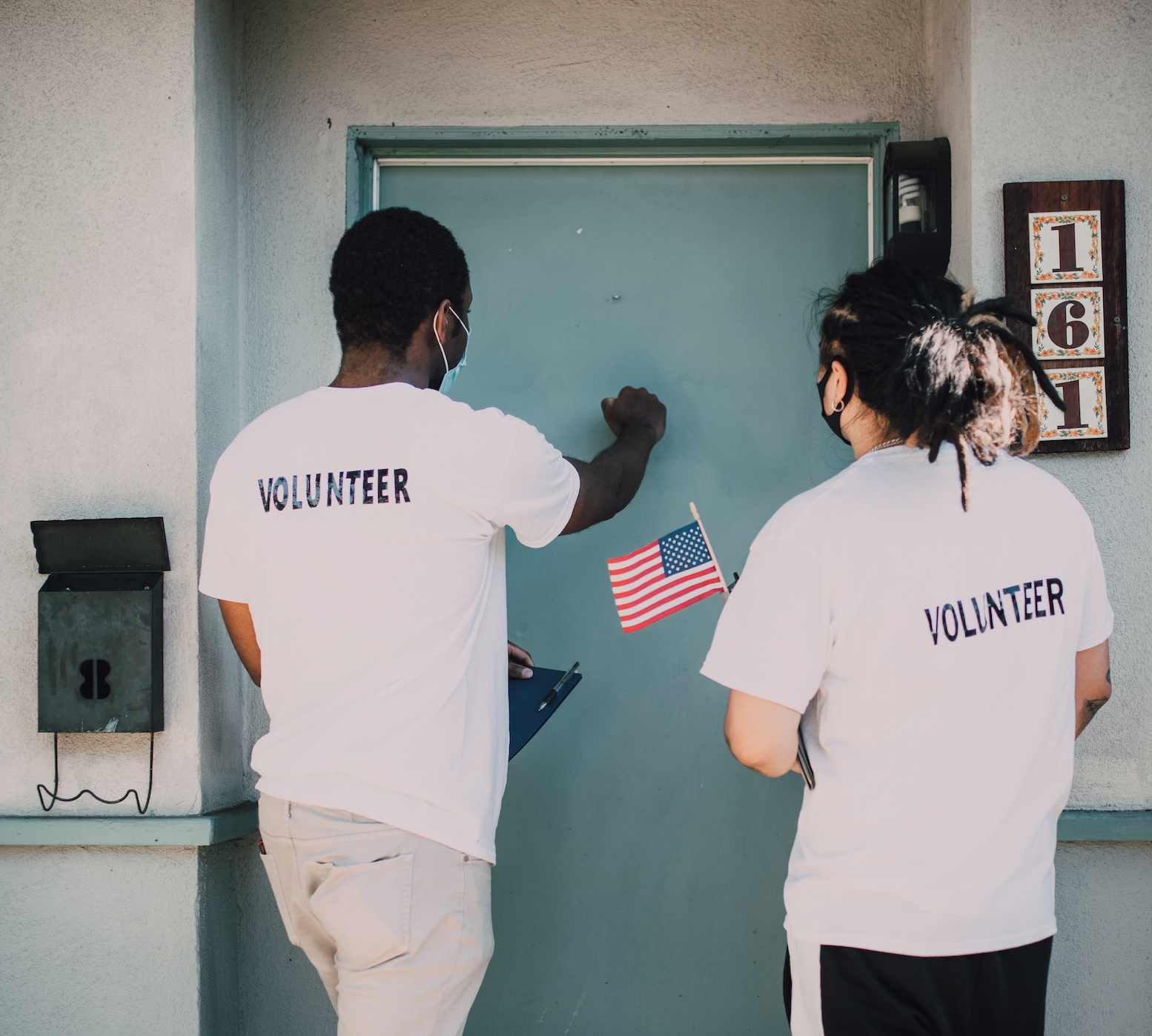In tumultuous times, self-interest is more tempting than ever. But how much has self-interest weakened us as individuals and as a nation?
My statistics class was recently presented with a hypothetical choice. Our professor was willing to host one of two lotteries. In the first, half of the class wins $20,000 and half $0. In the second, half of the class wins $14,000 and half $5,000. Which would we choose? A poll revealed that most people preferred the second lottery, because at worst they were guaranteed to end up with something. It was a reasonable expression of self-interest.
But I began to wonder—what if I knew that by working hard or emailing the professor nicely, I could guarantee myself a spot in the half of the class that won $20,000, knowing that the other half would get nothing? Would I prefer the winners-take-all lottery then, to the option where even the worst-off end up with something? Reasonable self-interest would say yes.
And yet, both in this hypothetical and in the very real world around us, I still feel the answer should be no. If I knew that I had a clear shot at ending up relatively well off—earned or by chance—I hope I would still choose to sacrifice more for myself to ensure enough for others.
This is, in short, because it’s worthwhile to care. Specifically, it is worthwhile and even essential to care about the hidden costs of my choices to others, even when my immediate self-interest is clear.
There are plenty of reasons to care about others, even at some expense to ourselves. Social reciprocity is one such reason: we care for others in the hope that someone will do the same for us if we are ever in need, and believe that acts of care contribute to desirable social relationships and community ties. Many different belief systems commonly hold caring as a moral right as well. Jesus, for example, preached, “Love thy neighbor as thyself,” and was himself drawing on ancient teachings that are now more commonly known as Golden Rule: “Do unto others what you would have them do to you.” Today, the value of caring is also rooted in common acceptance of fundamental human rights, which necessarily entail some personal responsibility to do what we can to ensure that no one’s rights are at risk.
Regardless of the motivation, caring is built into who we are as social beings and the values we claim as a society. And yet, evidence is growing that Americans are starting to think and behave differently.
The 2020 presidential election was a clear referendum on self-interest at any cost: Over the last four years, the highest earners got the largest tax breaks, while the lowest earning got a tax hike instead; the most powerful politicians enjoyed pardons from our justice system while the most vulnerable citizens died at its hands; and malicious foreign interests gained influence over our politics, while immigrants that contribute to this country were demonized and disenfranchised. While these interests did not win, seventy-four million Americans did vote for four more years.
The pandemic tells a similar story: many Americans who believed they personally had little to fear—young, healthy, or privileged enough to survive the virus—declined to take precautions as simple as wearing a mask to protect others. And America as a whole has paid the price, with over four hundred thousand deaths in just ten months, and fatalities disproportionately borne by vulnerable groups like racial minorities and those living with underlying health conditions.
In each of these cases, self-interest proved a formidable opponent to caring, with few guardrails to protect the most vulnerable from paying the ultimate price. Americans have a right to vote for whomever will protect their plenty, or decline the inconvenience of wearing a mask, even when those choices demonstrably endanger others. But as individuals, and as a nation, we are—or should strive to be—better than these unmitigated expressions of self-interest at the expense of our fellow Americans.
We publicly celebrate figures whose personal acts of care set a moral example for us all—activists like Martin Luther King Jr. or altruists like Matt Wage—but treat these individuals as the exception rather than the rule. What if, instead, we structured our society to facilitate caring, rather than relying on the benevolence of exceptional individuals?
Such a shift in the American worldview would call for reform of all of our major institutions, to our collective benefit. We could transform a criminal justice system that punishes our most vulnerable into one that rehabilitates; revolutionize an educational system that is alarmingly separate and unequal into one that equitably serves all of our youth; restructure a labor market that finds enough money for executive bonuses but not for a living minimum wage into one that adequately compensates all contributions; and establish a safety net so that no one dies simply because they don’t have enough to live.
Reform of this scale is a tall order. But we can start small, by embracing the mindset that if we have enough, we should do what we can for those who may not. As simple as this may sound, caring—especially for those we don’t know—is a radical act that will inevitably contradict the self-interest that has become much more commonplace. But an America newly committed to caring is an America that is better positioned to live out the values we profess of true integrity, democracy, and unity.
